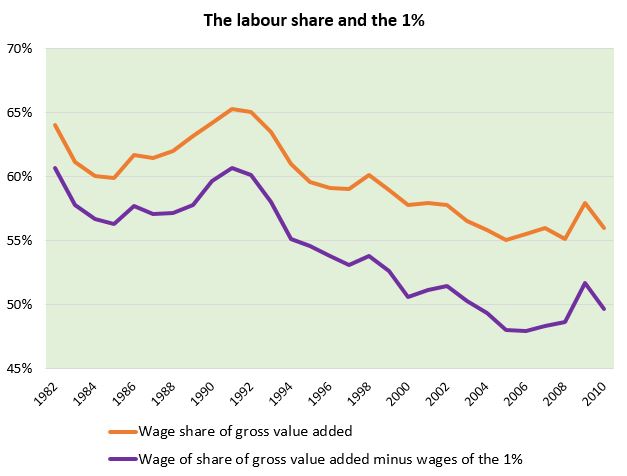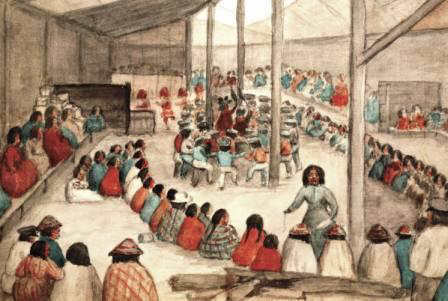I have a longer read in the newest issue of Briarpatch Magazine, which is dedicated to the world of work. If you don’t know Briarpatch, be sure to check out the other articles in this issue and consider subscribing; this is one of Canada’s oldest independent left publications and definitely worth supporting. My piece has the rather grand title “Robots, Migration and the Future of Work” but it’s really about trying to see how we are often pitted against one another and encouraged to see external threats, like machines and migrants, to our well-being rather than working together in solidarity against systemic causes.
The past several decades have not been kind to workers, as most of us know only too well. Those making minimum wage are making a penny more in real terms than they were in 1976, union membership continues to fall, and wage growth for most has been anemic – far outstripped by rising productivity. And this is to say nothing about how unfulfilling the jobs that swallow the waking hours of our lives can be. Yet when workers speak out, whether about our own crappy working conditions or the absurd enrichment of those at the top, we’re greeted by a familiar chorus that is often loudest inside our own heads: just be happy that you have a job at all.
For some, the implied culprit in the background of this story is the much poorer worker in the Global South, whether at a maquiladora in Mexico, a sprawling electronics factory in China, or a call centre in India. As Canadian workers have been integrated into a globalized economy, the story goes, they can be kept in check by what happens halfway across the world. Labour discipline isn’t just – or perhaps even mostly – a function of globalization, however. There are many domestic pressures keeping workers in line and the economy unkind.

